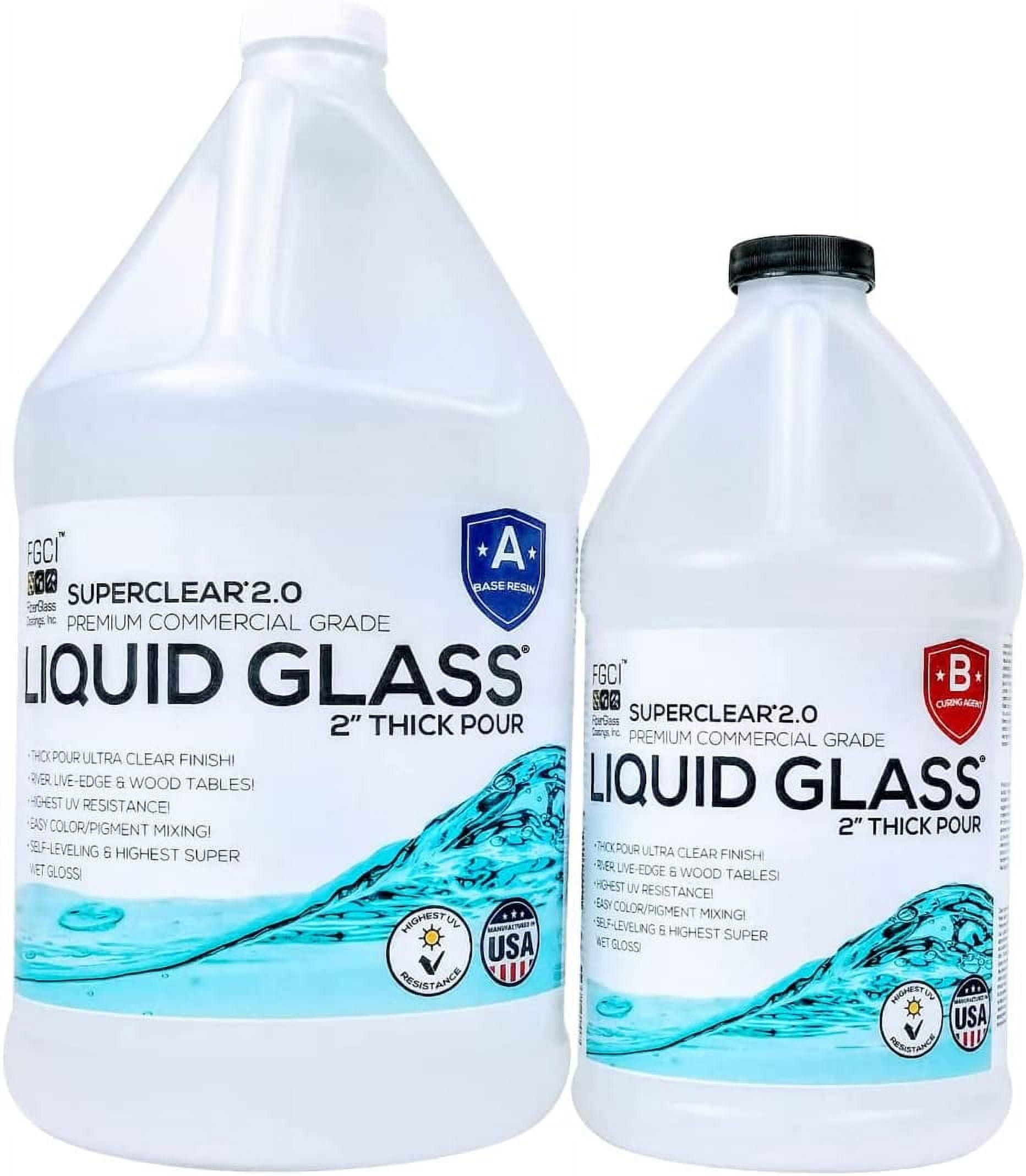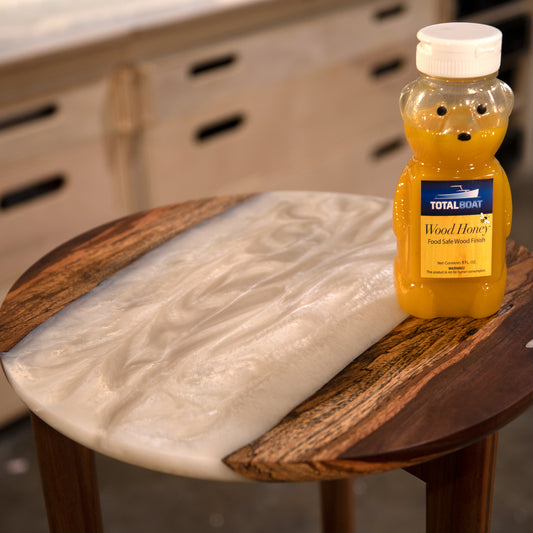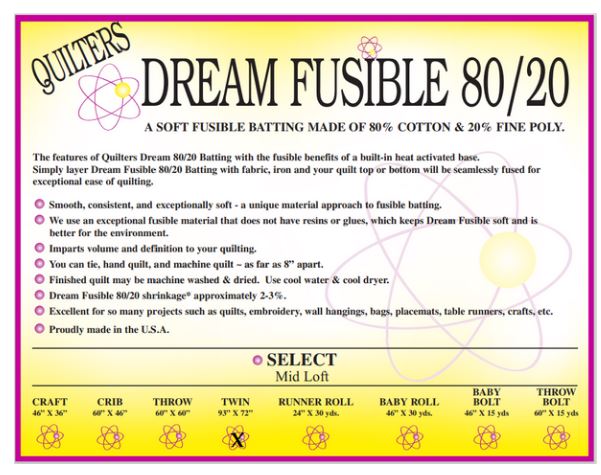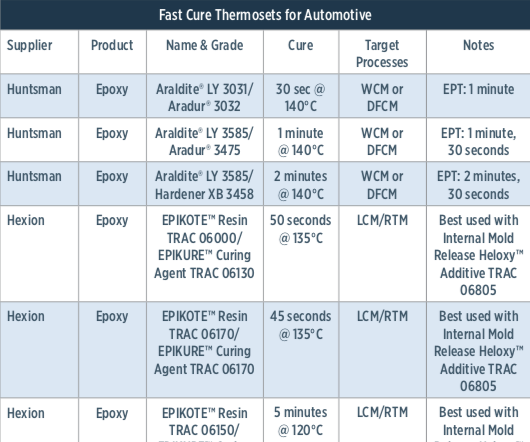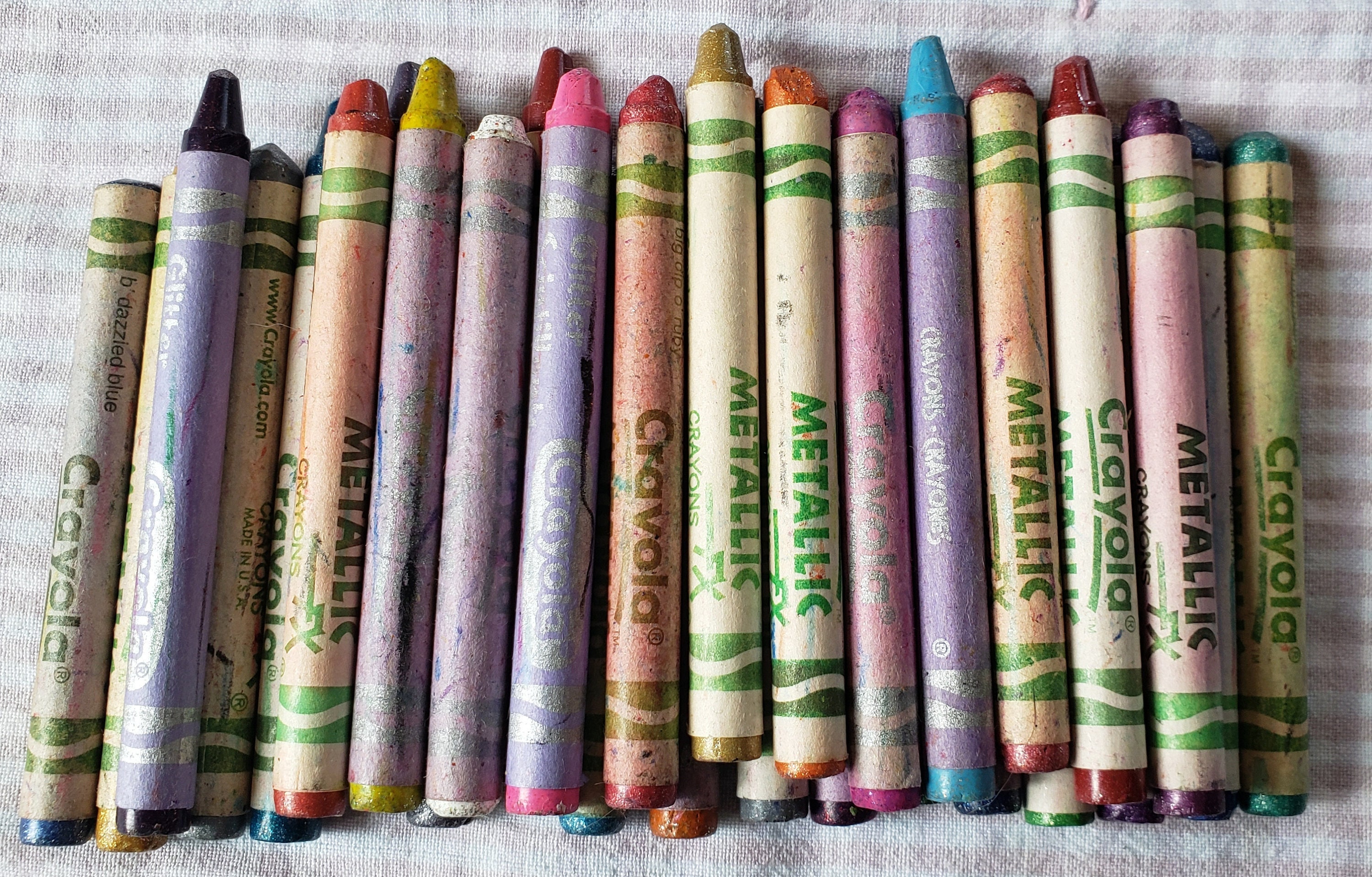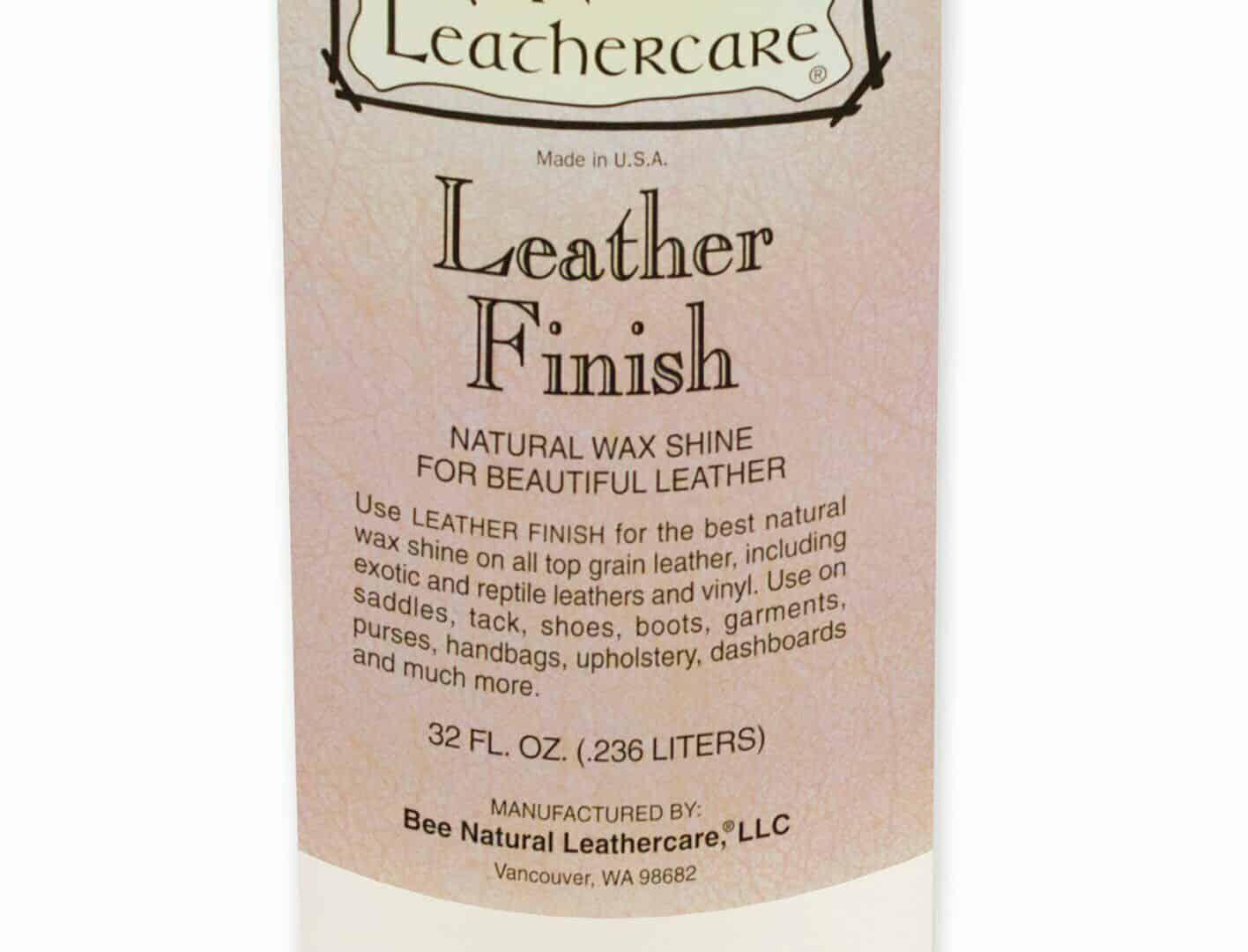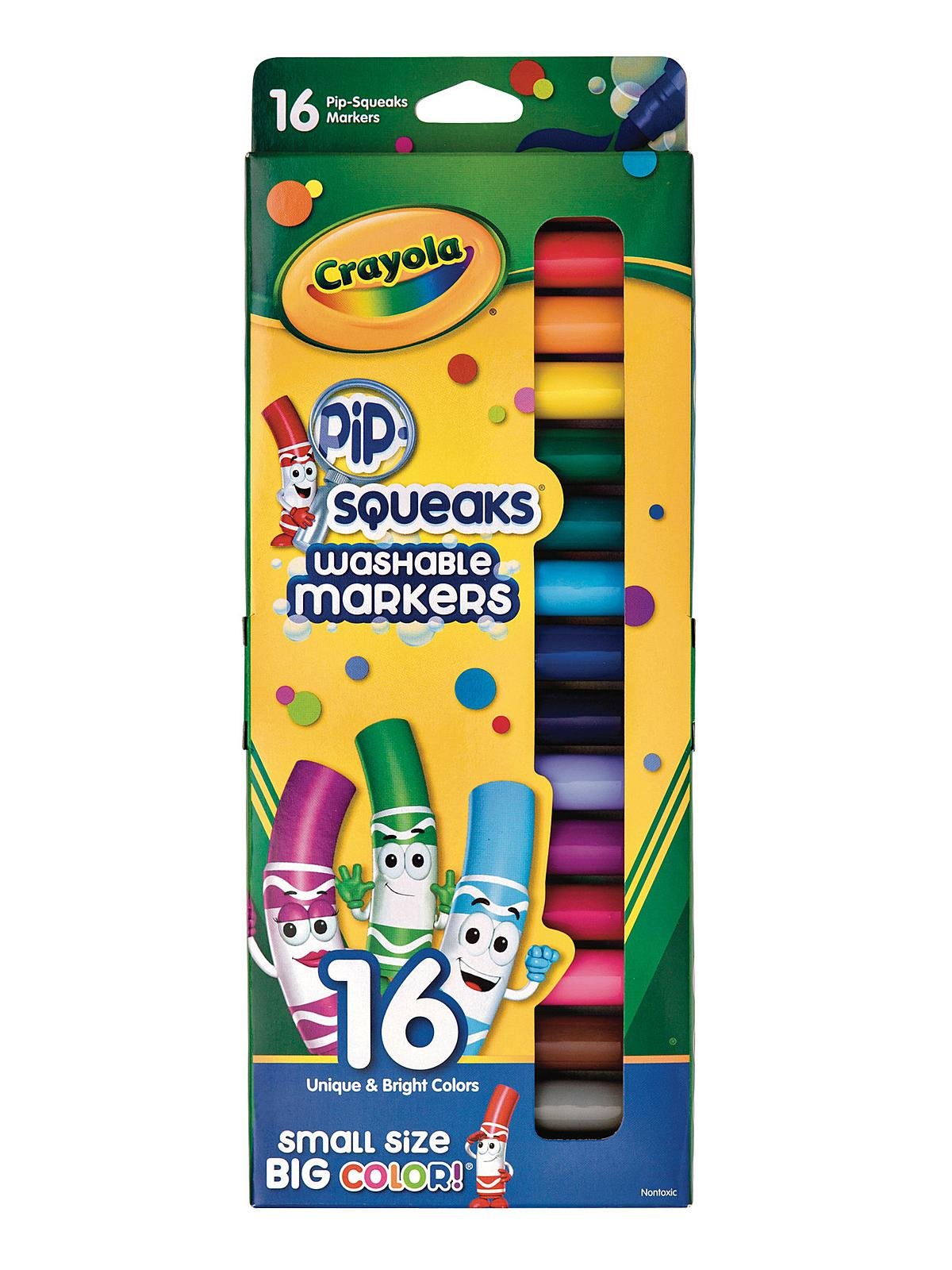
MAX BOND THIXOTROPIC 64 OZ. - EPOXY RESIN NON-FLOWING FOOD SAFE HIGH STRENGTH STRUCTURAL MARINE GLUE - The Epoxy Experts
MAX BOND THIXOTROPIC is a general purpose high strength adhesive is used in all types of bonding application where excellent water resistance and a wide service temperature exposure is expected. This resin system is an industry "work horse" standard and is the most versatile system available. It can also be used as a reinforcing resin for Fiberglass, Aramid( Kevlar Type) Fibers, Carbon Fiber or as crack filling resin and surface sealing for many different types of substrates. Easily spreads and will not flow at rest HALF GALLON COMBINED VOLUME 64 FLUID OUNCES (1 Quart Resin And 1 Quart Curing Agent) Items receive my be packaged in different container as shown Additional Available Kit Sizes: 1 Gallon Kit 2 Gallon Kit 10 Gallon Kit

MAX BOND LOW VISCOSITY 64 OZ. - EPOXY RESIN THIN BOAT BUILDING

MAX BOND THIXOTROPIC 64 OZ. - EPOXY RESIN NON-FLOWING FOOD SAFE

MAX Bond THIXOTROPIC High Strength Structural Adhesive, Boat

Max Industrial Grade Epoxy Resin System - 1 Gallon Kit - STRUCTURAL Adhesive

EPOXY RESIN MARINE GRADE GLUE 4 BOAT RV BONDS WOOD FRP GLASS ABS

Polymer Composites, Inc.

MAX Bond THIXOTROPIC Industrial Grade Non Flowing Epoxy - 1/2
Easily spreads and will not flow at rest Conforms To Hundreds of Aerospace/Military/Naval Materials Specifications Excellent for fiberglass patching,

MAX Bond THIXOTROPIC High Strength Structural Adhesive, Boat Building, Marine Grade, RV Delamination Repair, Waterproof, Non-Sag Application

Polymer Composites, Inc.
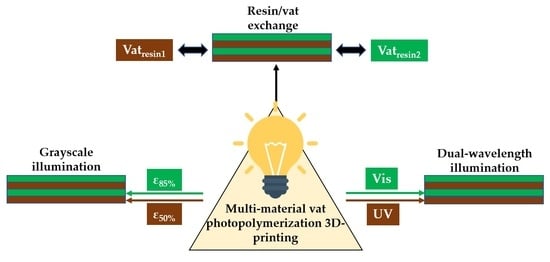
Polymers, Free Full-Text
: Industrial & Scientific

MAX Bond THIXOTROPIC Industrial Grade Non Flowing Epoxy - 1/2 Gallon Kit - Structural Adhesive - High Strength Bonding - Marine Grade - FDA Compliant

Concrete Catalog - 4th Edition by Ram Tool Construction Supply Co
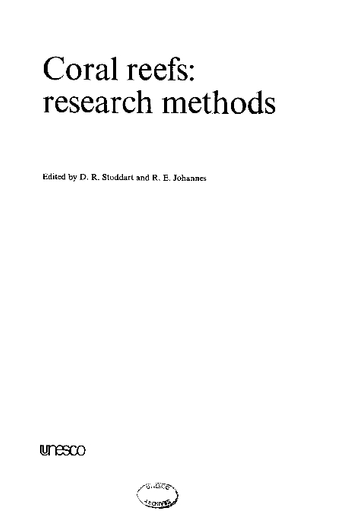
Alkalinity depletion to estimate the calcification of coral reefs
